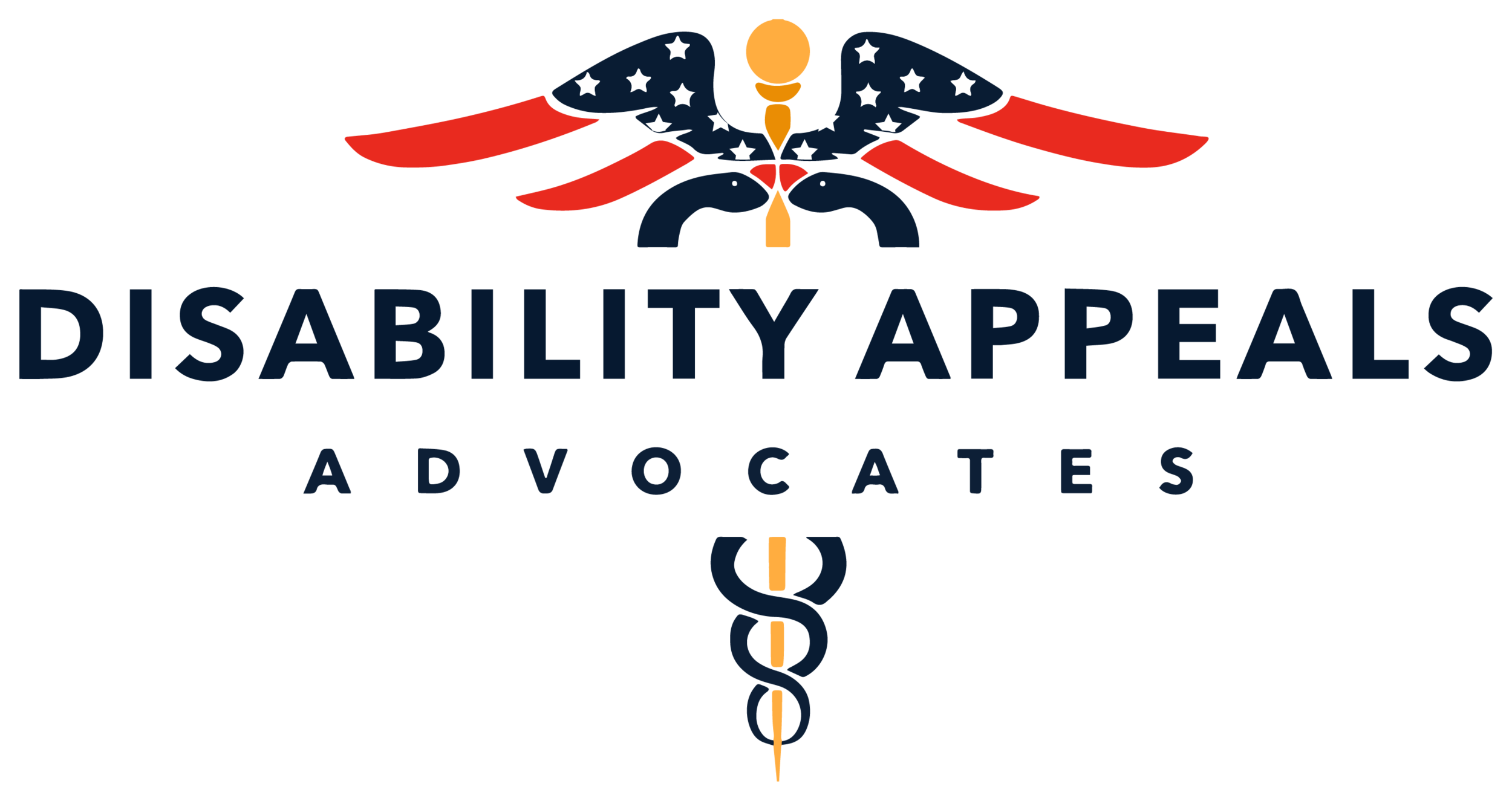RSDI VS SSI
The Social Security Administration uses two separate programs for disability benefits. The program that is used to determine your disability benefits will depend on your work history throughout the years. Retirement Survivors Disability Insurance, also known as RSDI or DIB, is payable to individuals who have worked and paid into the system prior to becoming disabled. If you have contributed sufficient quarters of earnings, you will be eligible for benefits. Generally, an individual must work 5 out of the last 10 years to qualify for benefits under this program. Supplemental Security Income, also known as SSI, is based solely on the individual's income and resources and does not require any work history. The medical requirements are the same for both programs.
RSDI - RETIREMENT SURVIVORS DISABILITY INSURANCE:
Retroactive payment can go back to 12 months prior to the date you filed your application. Prior applications that you may have filed but did not appeal may be reopened or revised in certain circumstances.
There is a waiting period before your benefits can begin of five full calendar months from the date you were found disabled by the Social Security Administration.
You are entitled to Medicare benefits after 24 months of payments.
Auxiliary benefits are payable to unmarried, minor children and disabled children of any age of the disabled individual.
An individual may also be eligible for Widow's or Children's Disability Benefits on a deceased spouse's or parent's earnings record.
SSI - SUPPLEMENTAL SECURITY INCOME:
A work history is not required for SSI benefits. However, there are no retroactive benefits available as benefits will begin the month following the date of application.
Entitlement to Medicaid is automatic in Michigan and up to three months prior to the SSI application date.
The resource limit is $2,000.00 for an individual and $3,000.00 for a married couple. This does not include your primary residence and one vehicle.
There are no additional auxiliary benefits payable.
For a more comprehensive comparison of the two programs, please visit Social Security web site.
The Social Security Administration is frequently changing its laws and policy. This information is subject to change without notice and should only be viewed as a guide and does not constitute legal advice.
